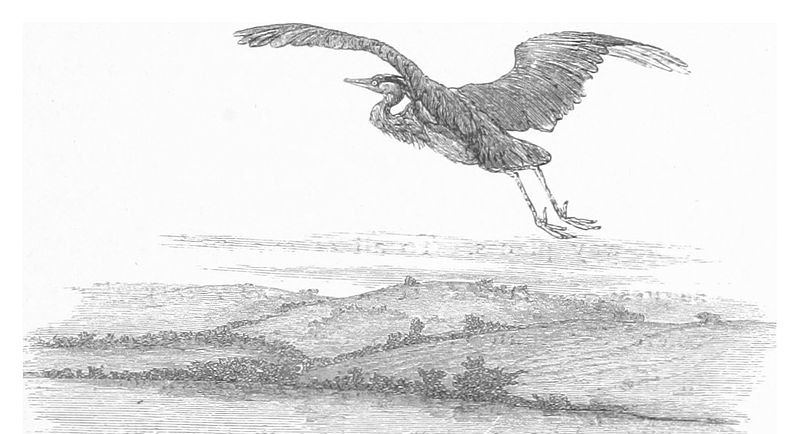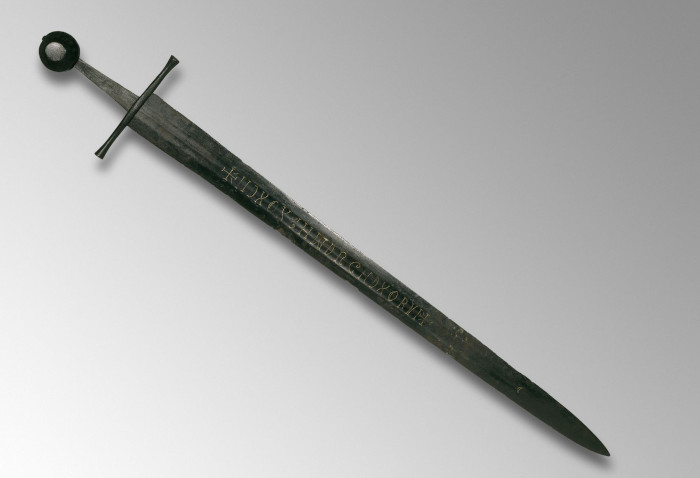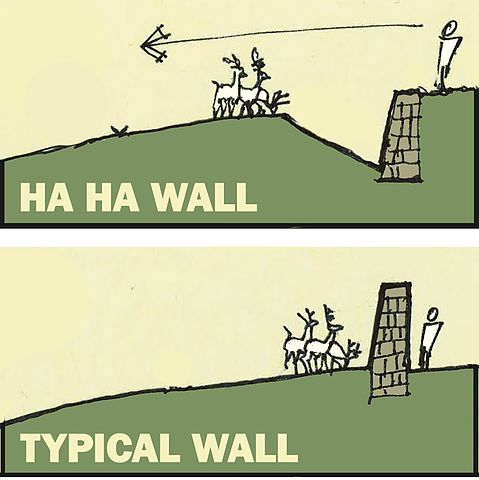Square roots:
EIGHTY-ONE has 9 letters.
ONE HUNDRED has 10 letters.
FIVE HUNDRED AND SEVENTY SIX has 24 letters.
Cube roots:
THIRTY-NINE THOUSAND THREE HUNDRED FOUR has 34 letters.
SIXTY-EIGHT THOUSAND NINE HUNDRED AND TWENTY-ONE has 41 letters.
ONE MILLION and ONE BILLION have 10 letters each, making them a sixth root and (in the United States) a ninth root word.
(Dave Morice, “Kickshaws,” Word Ways 30:2 [May 1997], 129-141.)
10/26/2020 UPDATE: Reader Hans Havermann has found many more, including this alarming specimen:
341183 = ONE HUNDRED SIXTY-NINE SENONAGINTILLION, FIVE HUNDRED FIVE QUINONAGINTILLION, SEVENTY-SEVEN QUATTUORNONAGINTILLION, FIFTY-ONE TRENONAGINTILLION, EIGHT HUNDRED SEVENTY DUONONAGINTILLION, SEVEN HUNDRED FIFTY-FOUR UNONAGINTILLION, SEVEN HUNDRED THIRTY-EIGHT NONAGINTILLION, SIX HUNDRED FIFTY-SIX NOVOCTOGINTILLION, TWO HUNDRED SEVENTY OCTOCTOGINTILLION, TWO HUNDRED NINETY-EIGHT SEPTENOCTOGINTILLION, SIX HUNDRED FORTY-SEVEN SEXOCTOGINTILLION, EIGHT HUNDRED FORTY-EIGHT QUINTOCTOGINTILLION, FOUR HUNDRED FOUR QUATTUOROCTOGINTILLION, EIGHT HUNDRED FIFTY-SIX TRESOCTOGINTILLION, SIX HUNDRED THIRTEEN DUOOCTOGINTILLION, EIGHT HUNDRED THIRTY-THREE UNOCTOGINTILLION, NINE OCTOGINTILLION, SEVEN HUNDRED SIXTY-FIVE NOVEMSEPTUAGINTILLION, EIGHT HUNDRED SIXTY-SEVEN OCTOSEPTUAGINTILLION, ONE HUNDRED FIFTY-THREE SEPTENSEPTUAGINTILLION, NINE HUNDRED SEVENTY-TWO SESEPTUAGINTILLION, EIGHT HUNDRED SEVENTY-EIGHT QUINSEPTUAGINTILLION, FIFTY-NINE QUATTUORSEPTUAGINTILLION, SEVEN HUNDRED SIX TRESEPTUAGINTILLION, EIGHT HUNDRED FIFTEEN DUOSEPTUAGINTILLION, TWO HUNDRED THIRTY-ONE UNSEPTUAGINTILLION, FOUR HUNDRED EIGHT SEPTUAGINTILLION, ONE HUNDRED FIFTY-FIVE NOVEMSEXAGINTILLION, FOUR HUNDRED EIGHTY-SIX OCTOSEXAGINTILLION, TWELVE SEPTENSEXAGINTILLION, TWO HUNDRED FORTY-SIX SESEXAGINTILLION, EIGHT HUNDRED EIGHTY-FIVE QUINSEXAGINTILLION, TWO HUNDRED FIFTY-SIX QUATTUORSEXAGINTILLION, FOUR HUNDRED NINETY-TWO TRESEXAGINTILLION, SEVEN HUNDRED FORTY-THREE DUOSEXAGINTILLION, FIVE HUNDRED FIFTY-FIVE UNSEXAGINTILLION, ONE HUNDRED FORTY-ONE SEXAGINTILLION, EIGHT HUNDRED TWENTY-FIVE NOVEMQUINQUAGINTILLION, SEVEN HUNDRED FORTY-SIX OCTOQUINQUAGINTILLION, ONE HUNDRED SEVENTY-ONE SEPTENQUINQUAGINTILLION, NINE HUNDRED THIRTY-TWO SEXQUINQUAGINTILLION, ONE HUNDRED SIXTY-SIX QUINQUINQUAGINTILLION, FOUR HUNDRED THREE QUATTUORQUINQUAGINTILLION, THIRTY-TWO TRESQUINQUAGINTILLION, SIX HUNDRED TWENTY-FOUR DUOQUINQUAGINTILLION, ONE HUNDRED FORTY-SIX UNQUINQUAGINTILLION, ONE HUNDRED TWENTY-FIVE QUINQUAGINTILLION, EIGHT HUNDRED TWO NOVEMQUADRAGINTILLION, EIGHT HUNDRED FIFTY-EIGHT OCTOQUADRAGINTILLION, ONE HUNDRED SEVENTY-NINE SEPTENQUADRAGINTILLION, ONE HUNDRED FIFTY-SIX SEXQUADRAGINTILLION, ONE HUNDRED TWENTY-FOUR QUINQUADRAGINTILLION, NINE HUNDRED FIFTY-FOUR QUATTUORQUADRAGINTILLION, NINE HUNDRED ELEVEN TRESQUADRAGINTILLION, TWO HUNDRED FIFTEEN DUOQUADRAGINTILLION, NINE HUNDRED SIXTY-SIX UNQUADRAGINTILLION, NINE HUNDRED TWELVE QUADRAGINTILLION, EIGHT HUNDRED THREE NOVEMTRIGINTILLION, SIX HUNDRED SIXTY-EIGHT OCTOTRIGINTILLION, SEVEN HUNDRED SIXTY-THREE SEPTRIGINTILLION, ONE HUNDRED EIGHTY-THREE SEXTRIGINTILLION, SEVEN HUNDRED NINETY-SIX QUINTRIGINTILLION, NINETY QUATTUORTRIGINTILLION, SEVEN HUNDRED TRESTRIGINTILLION, FIVE HUNDRED EIGHTY-SIX DUOTRIGINTILLION, ONE HUNDRED FORTY-ONE UNTRIGINTILLION, SIX HUNDRED FIFTY-FOUR TRIGINTILLION, SIX HUNDRED EIGHT NOVEMVIGINTILLION, SEVEN HUNDRED FIFTY-THREE OCTOVIGINTILLION, SIX HUNDRED FOURTEEN SEPTENVIGINTILLION, THREE HUNDRED FOUR SEXVIGINTILLION, SEVEN HUNDRED NINETY-FIVE QUINVIGINTILLION, SIX HUNDRED FORTY-FOUR QUATTUORVIGINTILLION, THREE HUNDRED SIXTY-FIVE TREVIGINTILLION, EIGHT HUNDRED NINETY-SEVEN DUOVIGINTILLION, EIGHT HUNDRED SEVENTEEN UNVIGINTILLION, FIVE HUNDRED EIGHTY-TWO VIGINTILLION, FOUR HUNDRED FIFTY-FIVE NOVEMDECILLION, FOUR OCTODECILLION, SIX HUNDRED FORTY-FIVE SEPTENDECILLION, NINE HUNDRED SEVEN SEXDECILLION, FOUR HUNDRED EIGHTY QUINDECILLION, EIGHT HUNDRED THIRTY-SEVEN QUATTUORDECILLION, ONE HUNDRED FORTY-FOUR TREDECILLION, TWO HUNDRED TWENTY-FIVE DUODECILLION, EIGHT HUNDRED EIGHTY-ONE UNDECILLION, SIX HUNDRED SEVEN DECILLION, THREE HUNDRED FIFTY-TWO NONILLION, FIVE HUNDRED FORTY-THREE OCTILLION, FOUR HUNDRED NINE SEPTILLION, TWO HUNDRED SEVENTY-NINE SEXTILLION, ONE HUNDRED EIGHTY-EIGHT QUINTILLION, SEVEN HUNDRED SEVENTY-SIX QUADRILLION, FORTY-EIGHT TRILLION, THREE HUNDRED NINETY-FOUR BILLION, SEVEN HUNDRED SEVENTY-ONE MILLION, EIGHT HUNDRED EIGHT THOUSAND, THREE HUNDRED THIRTY-ONE
The name of that number contains 3,411 letters.
(Thanks, Hans.)




